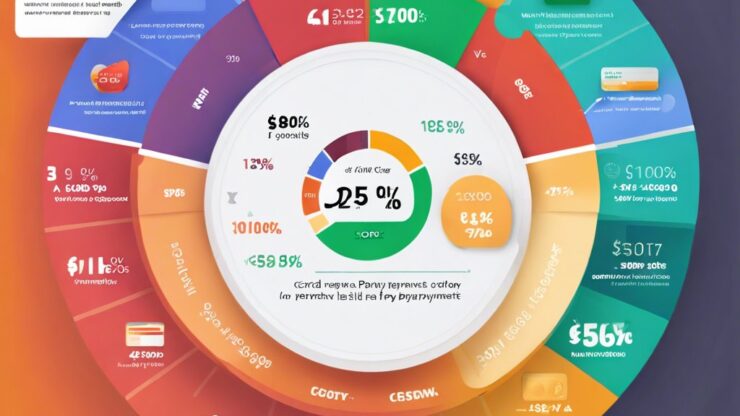Why Your Payment History Matters
Your payment history is often regarded as the most significant factor in determining your credit score. Lenders and financial institutions use this data to gauge your reliability when it comes to repaying debts. A strong payment history can lead to favorable loan terms and interest rates, while a poor one can drastically reduce your chances of obtaining credit. Understanding this crucial aspect of financial health is essential for anyone looking to build or maintain a strong credit profile.
The Impact of Missed Payments
When you miss a payment, the repercussions can be severe and long-lasting. Not only does a missed payment negatively affect your credit score, but it also sends a red flag to potential lenders. This section explores the timeline of how missed payments impact your credit and what you can do to mitigate the damage.
- 30 Days Late: A payment reported as 30 days late can cause your credit score to drop by 60-110 points.
- 60 Days Late: If your payment is 60 days late, it can further decrease your score by 100-140 points.
- 90 Days Late: At this stage, the damage is severe, and your score can take a hit of 120-150 points.
- After 180 Days: Payments that are more than six months late may lead to accounts going into collections, which has lasting effects on your credit report.
Strategies for Maintaining a Positive Payment History
Building and maintaining a positive payment history requires diligence and planning. Here are several effective strategies to help ensure that you stay on track with your payments:
- Set Up Reminders: Use calendars or apps to remind you of upcoming payment due dates.
- Automate Payments: Consider enrolling in automatic payments for recurring bills to avoid missing deadlines.
- Regularly Check Your Credit Report: Monitoring your credit report can help you catch errors early and address any discrepancies that could affect your score.
Disclaimer
This article has been created or edited with the support of artificial intelligence and is for informational purposes only. The information provided should not be considered investment advice. Please seek the support of a professional advisor before making any investment decisions.






